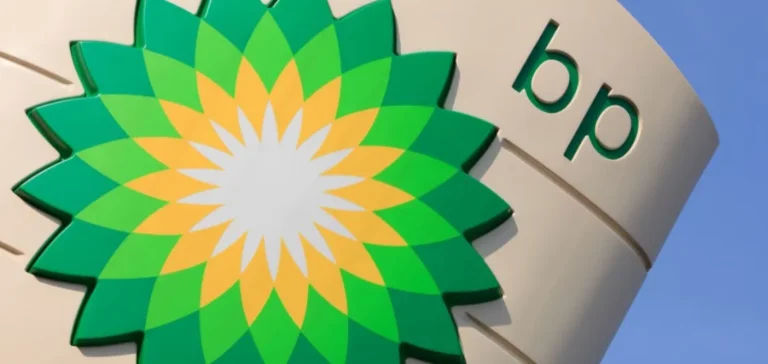BP Exploration Delta Limited, a subsidiary of the British group BP, has launched a new phase of offshore drilling in Egypt under a memorandum of understanding recently signed with the country’s authorities. The project includes drilling five wells in the Mediterranean Sea at depths ranging from 300 to 1,500 metres. Valaris Limited has been selected to execute the operations under a $140mn contract.
A strategic contract awarded to Valaris
Operations will be carried out using the Valaris DS-12 drillship, designed for deepwater drilling. Work is scheduled to begin in the second quarter of 2026, with a projected duration of 350 days. The contract covers exploratory, development and sidetrack wells, and includes a clause allowing for three additional wells depending on initial results.
This new development phase continues BP’s investment in the West Nile Delta area, located offshore Alexandria. The stated goal is to quickly exploit newly identified resources while leveraging existing infrastructure, including the North Alexandria and West Mediterranean Deepwater concessions.
Cost optimisation and response to production decline
Integration with existing facilities enables BP to reduce connection delays to Egypt’s national grid while controlling operational costs. This strategy aims to offset the significant decline in domestic natural gas output, which fell from more than 6,100mn cubic metres in March 2021 to approximately 3,545mn in May 2025, according to data from the Joint Organisations Data Initiative (JODI).
BP has operated in Egypt since 1960 and holds proved and probable (2P) reserves estimated at around 5 trillion cubic feet of gas and 55mn barrels of condensates within the West Nile Delta project. The group recently announced promising discoveries at the Fayoum-5 and El King-2 wells, which it now aims to develop in response to mounting energy security pressures.
The new drilling programme represents an operational extension of BP’s broader strategy to optimise national gas resources, supporting domestic supply stability and leveraging recent discoveries.






















